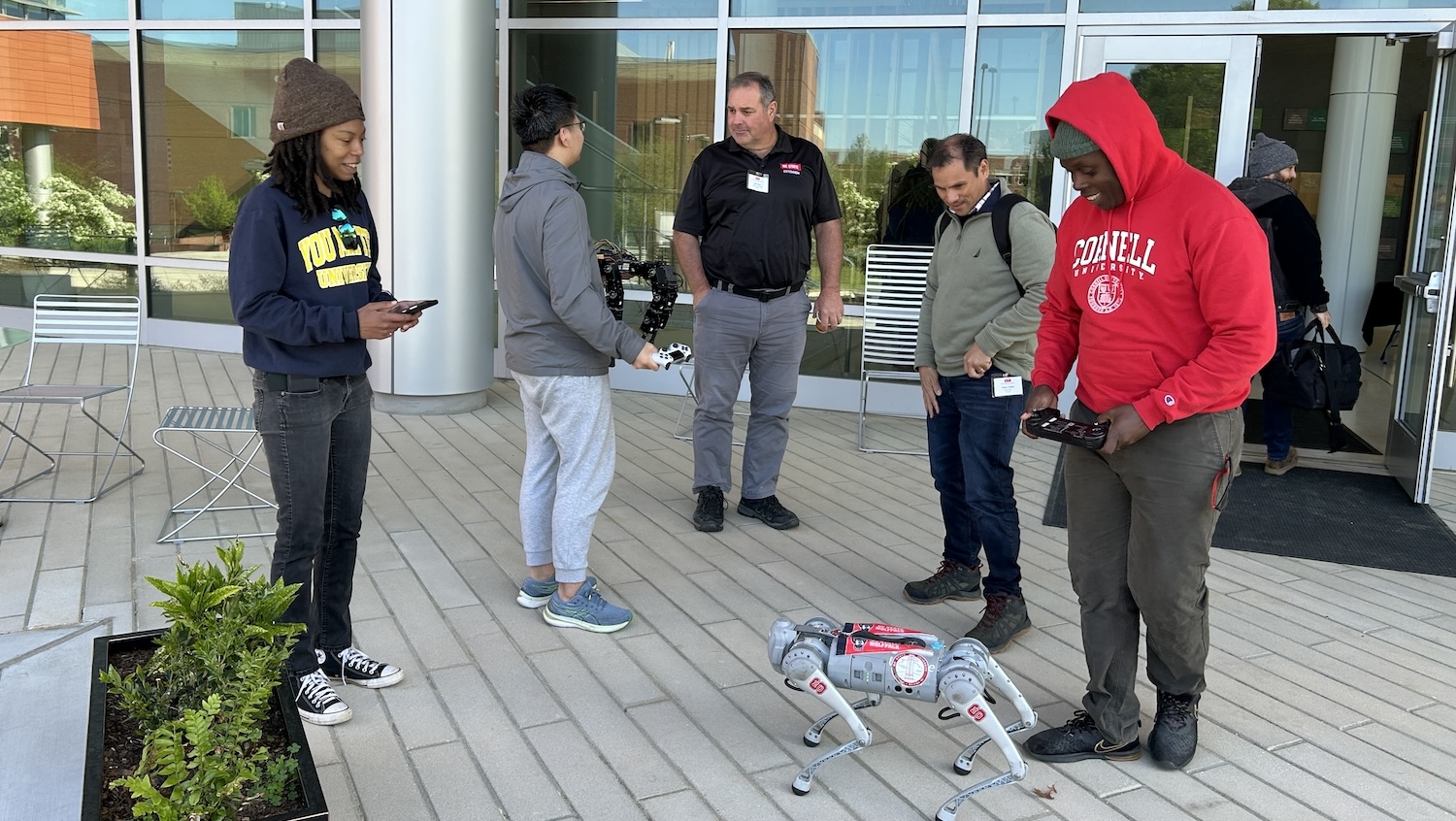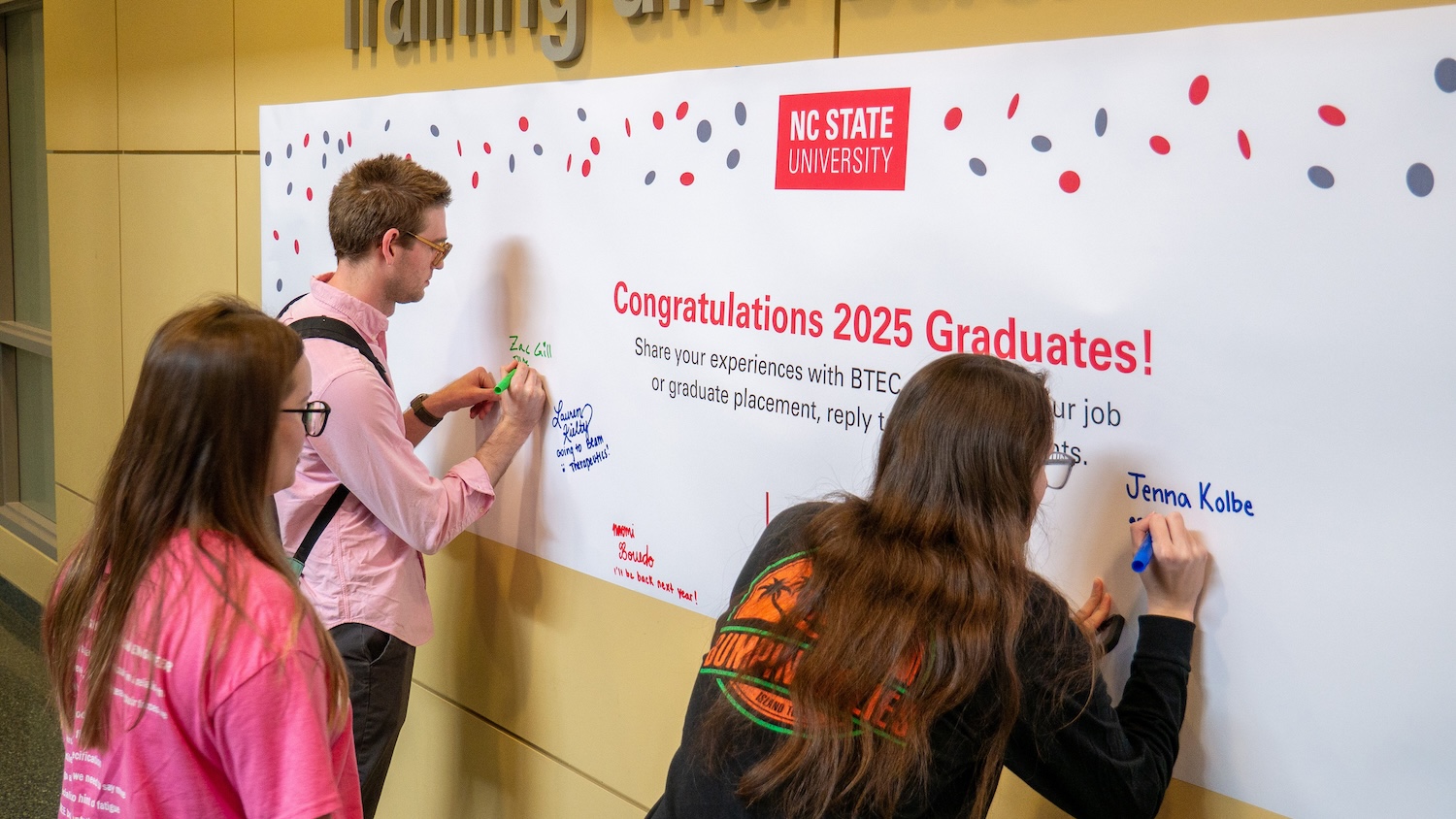Large enrollment STEM gateway courses often have significant attrition and failure rates that create obstacles to retention and degree completion. Adaptive learning (AL) is one solution offering a personalized learning approach that dynamically adjusts content, assessment and feedback based on algorithms that monitor student progress, pace, or performance. Learning analytics from AL systems enable instructors to adapt instruction based on student needs and identify at-risk students for targeted interventions.
In response to the rapid widespread move to online learning in 2020 due to COVID-19, the UNC System Office, UNCC and NC State partnered to create innovative adaptive courseware for General Chemistry (Chemistry I, Chemistry II and Organic Chemistry) and Engineering (Prerequisite Math, Physics I, Statics, Dynamics I) course sequences, or spines. In fall 2020, the team rapidly developed adaptive courseware in partnership with RealizeIt and deployed these materials in spring 2021.
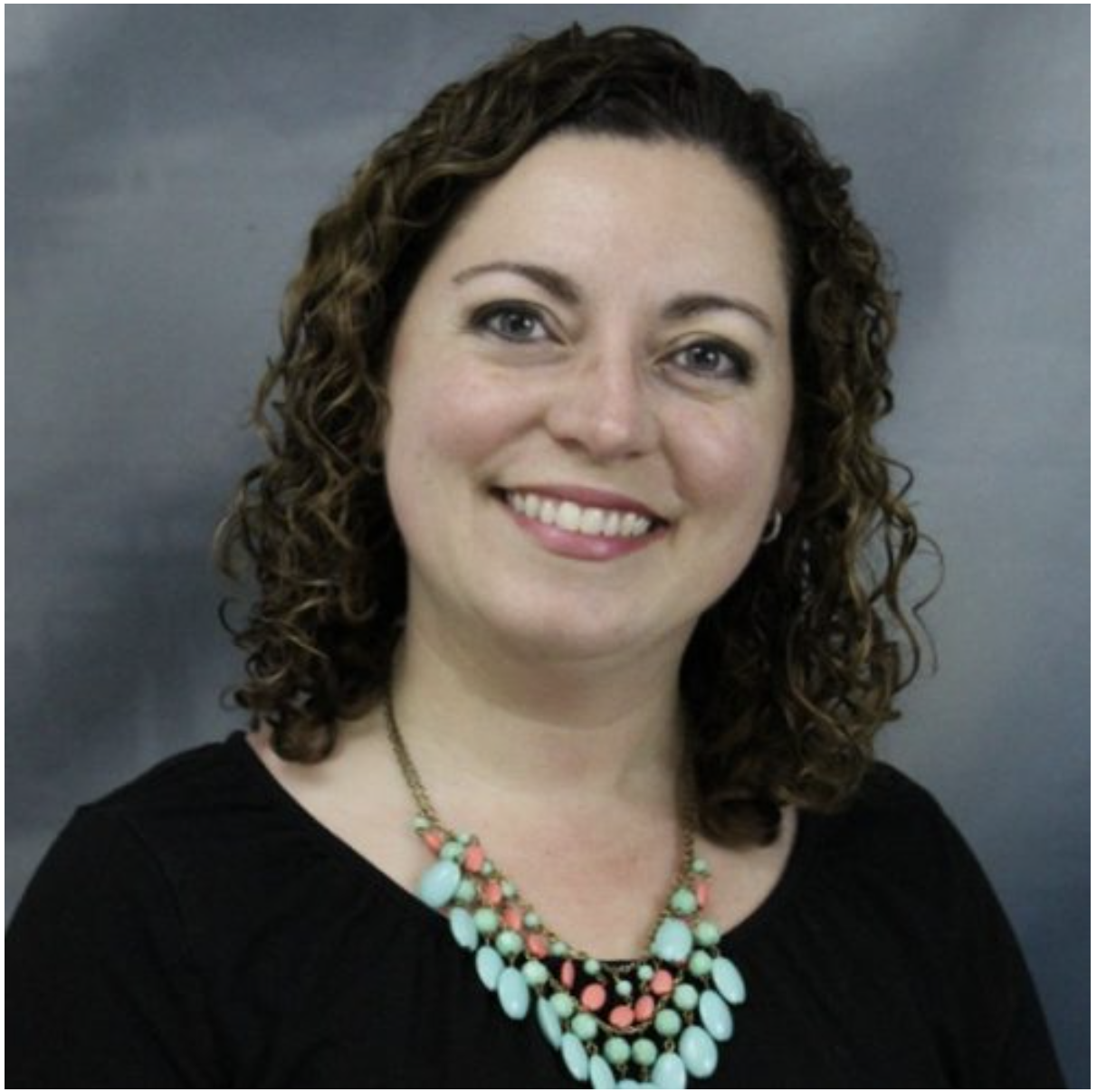
NC State Associate Professor Katherine Saul, Ph.D. Teaching Professor Anna Howard, Ph.D. and Teaching Assistant Professor Zodiac Webster, Ph.D. led the Engineering spine with instructional design help from the NC State Digital Education and Learning Applications (DELTA) team. Some professors in the study partially implemented AL while others fully implemented it into their courses. Saul recommends converting a course in its entirety, even if shallowly, because having continuity of experience through the whole class is important for the students. More problems, activities and feedback can be added to deepen the tool in future semesters.
“The biggest benefit to faculty is the ability to, at a glance, understand where the class at a whole stands in terms of progress (how much they’ve worked on), mastery (how well they are understanding the material), and attitude (are they feeling happy, content, frustrated, etc.), so instructors can adapt their teaching and support to the specific classes and students. The analytics tools also allow the instructor to see how a specific student is doing, where they are spending their time or getting stuck and which problems are particularly challenging or might need revision. Faculty can communicate directly with groups of students depending on their progress. I have spent much more time working with individual students in a more targeted way and gotten deeper into higher level learning concepts using this approach,” explains Saul.
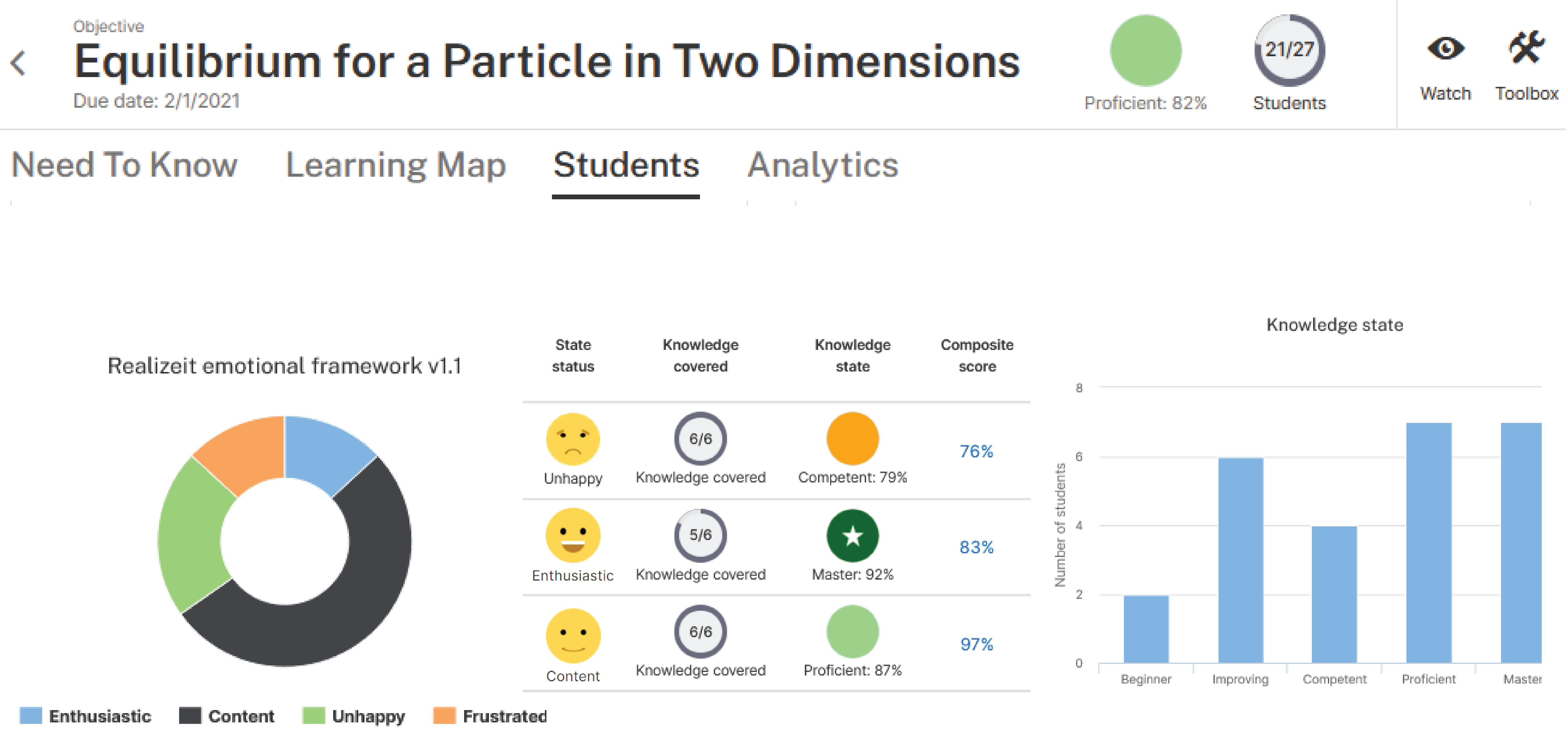
This work resulted in adaptive courseware with learning content, quizzes and algorithmic capstone homework problems that allowed each student to receive different numerical problems; overall, 247 lessons and 2,718 interactive problems were implemented for chemistry and engineering spines. In addition, complementary course materials, including the learning management system (LMS) site, instructional graphics, projects, lectures and exams, were redesigned for optimal online delivery and Quality Matters compliance.
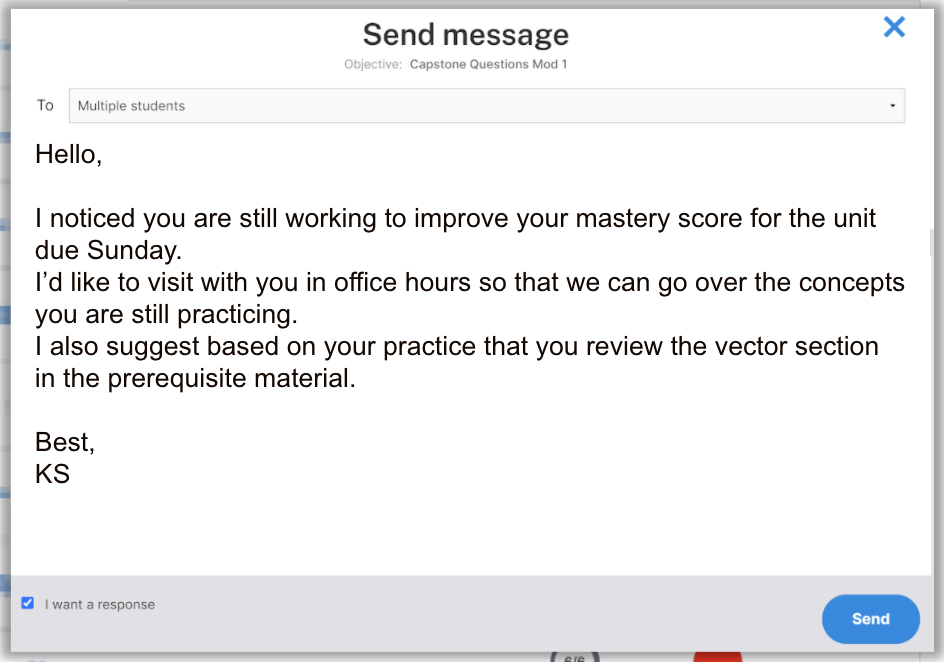
“I had so much more fun teaching with adaptive learning because I knew where the students were in their learning. I felt more connected to individual students, and I could more easily communicate with students in a targeted way — for example, you need to get started on the assignment, or I see you are struggling with section 3. Because of the automatic grading and immediate feedback to students, I could spend more time on higher level activities like projects with deeper student thinking. Students also practiced much more than in a traditional class, completing about five times more problems than normal,” says Saul.
One student’s survey response echoes Saul’s comments about learning with AL and Realizeit. “I liked that the learning content was aligned with Dr. Saul’s commentary and in-class teaching. Often, flipped and online-centered classes are criticized by students because they feel abandoned by their teachers. In the RealizeIt experience, it was clear that Dr. Saul was involved in the formation of our learning material, and it coincided directly with our in-class conversations. Furthermore, she continuously asked for our feedback. RealizeIt made learning more personal, while other platforms can easily make learning sterile.”

Lead Instructional Designer Jakia Salam led the DELTA team who worked on this project. She explains, “The aim was to achieve positive student outcomes and transform the delivery of a college engineering curriculum using AL to better support learners with the UNC System as well as inform and support similar capabilities across the wider university community.”
A total of 1,458 students were impacted across seven courses at the four participating institutions:
- NC State (PY 205, MAE 206 and MAE 208)
- ECU (ENGR 2022: Statics, ENGR 2450: Dynamics)
- NC A&T (MEEN 233: Mechanics II: Dynamics, MEEN 230: Statics and Mechanics of Materials)
- UNCC (MEGR 2141: Engineering Mechanics I: Statics)
Salam says while learning and implementing a new technological approach to a course is challenging, it really helps students enrolled in large classes with diverse backgrounds find different pathways to the same destination. It involves much course design planning and is worth the effort since it identifies what topics students are struggling with in a more organic manner.
“The biggest benefit is AL and RealizeIt offers students just-in-time feedback and increases student satisfaction. Advanced students can move quickly which reduces frustration and is more efficient. Students who are struggling have the opportunity to practice skills until they master them so they do not get left behind,” explains Salam.
Apply for a DELTA Grant if you would like assistance with planning your course design to include AL and RealizeIt. If you have further questions or would like to request more information, please contact group-adaptive-learning-
This post was originally published in DELTA News.
- Categories:


